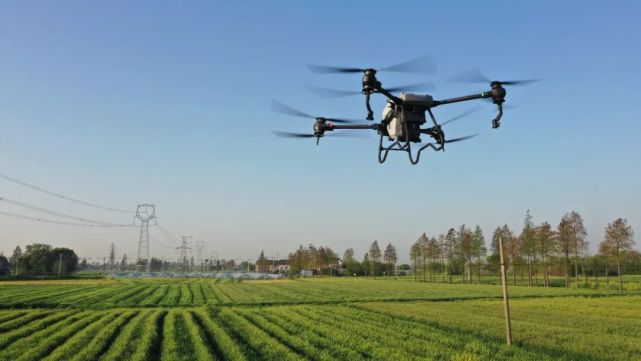Smart agriculture, also known as precision farming or digital agriculture, represents a transformative shift in the way we approach agriculture. This article delves into the evolution and potential of smart agriculture in achieving a more sustainable and efficient future for farming.
Smart agriculture leverages cutting-edge technologies, including the Internet of Things (IoT), data analytics, sensors, and automation, to enhance various aspects of farming. One of its primary goals is to optimize resource use while maximizing crop yield and quality.
IoT-enabled sensors placed in the field continuously monitor essential parameters such as soil moisture, temperature, and nutrient levels. This real-time data is transmitted to cloud-based platforms, where it is analyzed to provide actionable insights for farmers. By tailoring irrigation, fertilization, and pest control based on this data, farmers can minimize waste and reduce the environmental impact of their operations.
Precision agriculture, a core component of smart farming, employs GPS-guided machinery and drones for precise planting, harvesting, and monitoring. Autonomous tractors can navigate fields with precision, minimizing overlap and ensuring uniformity. Drones equipped with high-resolution cameras and sensors capture detailed imagery, allowing for early detection of issues like pest infestations or nutrient deficiencies.
Automation plays a significant role in smart agriculture, as it reduces labor requirements and enhances operational efficiency. Robots can perform tasks such as planting, weeding, and harvesting with precision, reducing the need for human intervention. Additionally, robotic milking machines and automated feeding systems are improving livestock management practices.
Connectivity is a vital aspect of smart agriculture. Farmers can remotely monitor and control equipment and operations using mobile apps and internet connectivity. This real-time visibility enables quick responses to changing conditions and enhances decision-making.
Sustainability is a cornerstone of smart agriculture. By optimizing resource use and minimizing waste, it aligns with the principles of sustainable farming. Precise application of inputs reduces chemical runoff, conserves water, and minimizes environmental impact.
In conclusion, smart agriculture represents a paradigm shift in farming practices, driven by technological advancements. It enables data-driven decision-making, resource optimization, and sustainability. As technology continues to evolve, smart agriculture will play an increasingly vital role in addressing the global challenges of feeding a growing population while preserving our environment.







Please sign in to comment
register